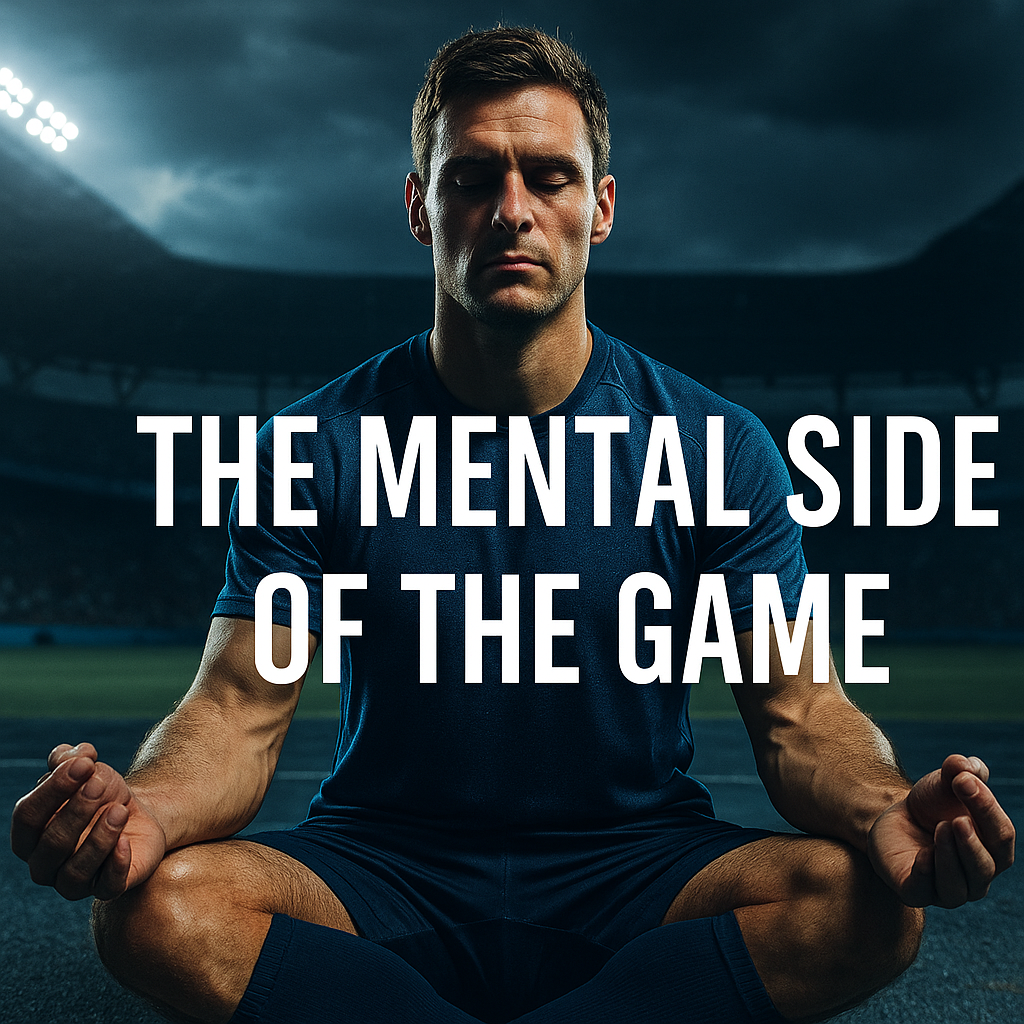
From locker room nerves to last-minute decisions on the field, mental strength is the silent engine behind every great athlete. In 2025, sports psychology is no longer a niche or “nice-to-have”—it’s a cornerstone of performance at all levels, from youth teams to Olympic contenders.
This post dives deep into how sports psychology has evolved, the latest tools and research being used, and why mental coaching is as essential as physical training in modern athletics.
🏁 Table of Contents
- Introduction: More Than Muscle
- The Rise of Sports Psychology
- Top Mental Challenges Athletes Face Today
- 2025’s Most Used Techniques in Sports Psychology
- Tech Meets Mind: AI, Apps & Neurofeedback
- Famous Athletes Who Use Sports Psychology
- Youth Sports and Mental Coaching
- The Role of Team Culture
- How Coaches Are Getting Trained
- Final Thoughts: It’s All in the Mind
🔍 1. Introduction: More Than Muscle
In today’s hyper-competitive sports environment, peak physical performance isn’t enough. An athlete might be in top shape, but if their mind is scattered by pressure, fear of failure, or internal distractions, it can be game over before it starts.
📈 2. The Rise of Sports Psychology
Sports psychology has come a long way since the early days of motivational talks. Now, it includes everything from cognitive behavioral therapy (CBT) techniques to visualization training, mindfulness, and biofeedback systems.
As of 2025:
- 78% of elite athletes use a mental performance coach.
- NCAA teams now employ full-time sports psychologists.
- Mental health is tracked like sleep, hydration, and injuries.
⚠️ 3. Top Mental Challenges Athletes Face Today
Here are some of the most common struggles in 2025:
- Performance Anxiety: The fear of letting teammates, fans, or sponsors down.
- Imposter Syndrome: Even pros feel like frauds.
- Burnout: Especially with social media and year-round play.
- Injury Recovery: Psychological healing is half the battle.
- Distractions from Tech & Noise: Digital life adds new pressures.
🧘 4. 2025’s Most Used Techniques in Sports Psychology
Here are the key tools mental coaches now use:
- Visualization: Athletes mentally rehearse success.
- Mindfulness Training: To stay present under pressure.
- Goal-Setting Frameworks (SMART 2.0): Upgraded in 2025 with real-time tracking.
- Cognitive Reframing: Changing “I can’t” into “What if I could?”
- Performance Journaling: Regular self-reflection and planning.
🤖 5. Tech Meets Mind: AI, Apps & Neurofeedback
2025 has seen a tech explosion in mental performance tools:
- VR Mindset Labs: Used by NFL and La Liga teams for pressure simulation.
- Neurofeedback Headsets: Help athletes learn to enter “flow states.”
- AI-Driven Mood Trackers: Track patterns and coach interventions.
- Mental Health Apps: Like CalmCoach Pro and HeadZone are team-integrated.
🏆 6. Famous Athletes Who Use Sports Psychology
- Naomi Osaka: Advocated for mental health in tennis and uses mindfulness daily.
- Simone Biles: Took a stand at the 2021 Olympics and now mentors young athletes on balance.
- Tom Brady (retired): Emphasized visualization and goal setting throughout his career.
- Erling Haaland: Known to work with neuro-focus trainers for precision.
🧒 7. Youth Sports and Mental Coaching
Even middle school teams now incorporate mental training modules. Parents and coaches have started to understand:
- The difference between healthy pressure and toxic stress.
- Why emotional intelligence (EQ) matters as much as IQ or speed.
In 2025, USA Youth Soccer and Canada Basketball both include resilience training in youth programs.
👥 8. The Role of Team Culture
Mental strength isn’t just individual—it’s collective.
- Open team communication reduces stigma.
- Leadership programs build emotional responsibility.
- Pre-game mental huddles are the norm.
Winning teams now invest just as much in their locker room dynamics as they do in scouting talent.
🎓 9. How Coaches Are Getting Trained
Coaches are now being trained in:
- Motivational interviewing
- Mental load management
- Stress de-escalation
- Empathetic leadership
Licensing bodies like FIFA, UFC, and NCAA have introduced certification modules in sports psychology.
🧠 10. Final Thoughts: It’s All in the Mind
As the physical edge between top athletes narrows, mental toughness becomes the difference-maker. Sports psychology in 2025 isn’t about being “tough enough”—it’s about being self-aware, resilient, and emotionally intelligent.
To quote Serena Williams:
“The most powerful weapon you can have is a strong mind.”




